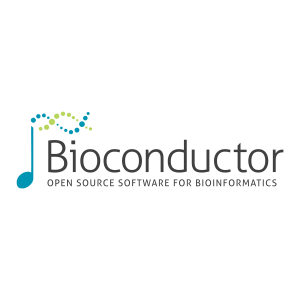For immediate release
A research team co-led by CUNY SPH Associate Professor Levi Waldron was awarded a $3.7 million competitive renewal by the National Institutes of Health’s National Cancer Institute (NCI) to develop the open-source Bioconductor bioinformatics platform to meet the demands of analyzing the next generation of technology in cancer genomics research.
Over the previous five years of the project, “Cancer Genomics: Integrated and Scalable Solutions in R/Bioconductor,” Professor Waldron and colleagues developed open-source software and databases for the analysis of multi-omic investigations of cancer, experiments where the genomic and biological alterations occurring in cancer are interrogated by observing multiple types of aberrations in the same tumor. They also developed general computing infrastructure for handling the demands of these large datasets, including for parallel computing and file caching. Over the next five years, the team will further expand the core infrastructure of the Bioconductor software platform to meet the demands of a new class of experiments that collect data on multiple types of biological molecules at the level of single cells. The project will meet the needs of data analysts currently unable to efficiently perform statistical analysis or develop methods for analysis of such data, because the capacity to generate large and complex data has outpaced the ability to perform statistical analysis and visualization on it.
Whereas the original grant was led by Martin Morgan, Professor of Biostatistics and Bioinformatics at the Roswell Park Comprehensive Cancer Center and head of the Bioconductor project, the next five-year period will be led by co-principal investigators Martin and Waldron, with Professor Waldron assuming the primary role over the course of the project period. The team includes additional investigators at Harvard Medical School in Boston and at the University of Padova in Italy.
“This project ensures that the R/Bioconductor project for open-source bioinformatics will continue allowing analysts and developers of statistical methods to keep up with the next generation of data generation in cancer research,” Waldron says. “The infrastructure developed in the original project is already depended on by hundreds of other software packages, and I’m thrilled to be leading such an important project developing open-source software that will be used by so much of the cancer research community to analyze the next generation of genomics data.”
CUNY SPH will be awarded approximately $1.6M over the course of the five-year project.
